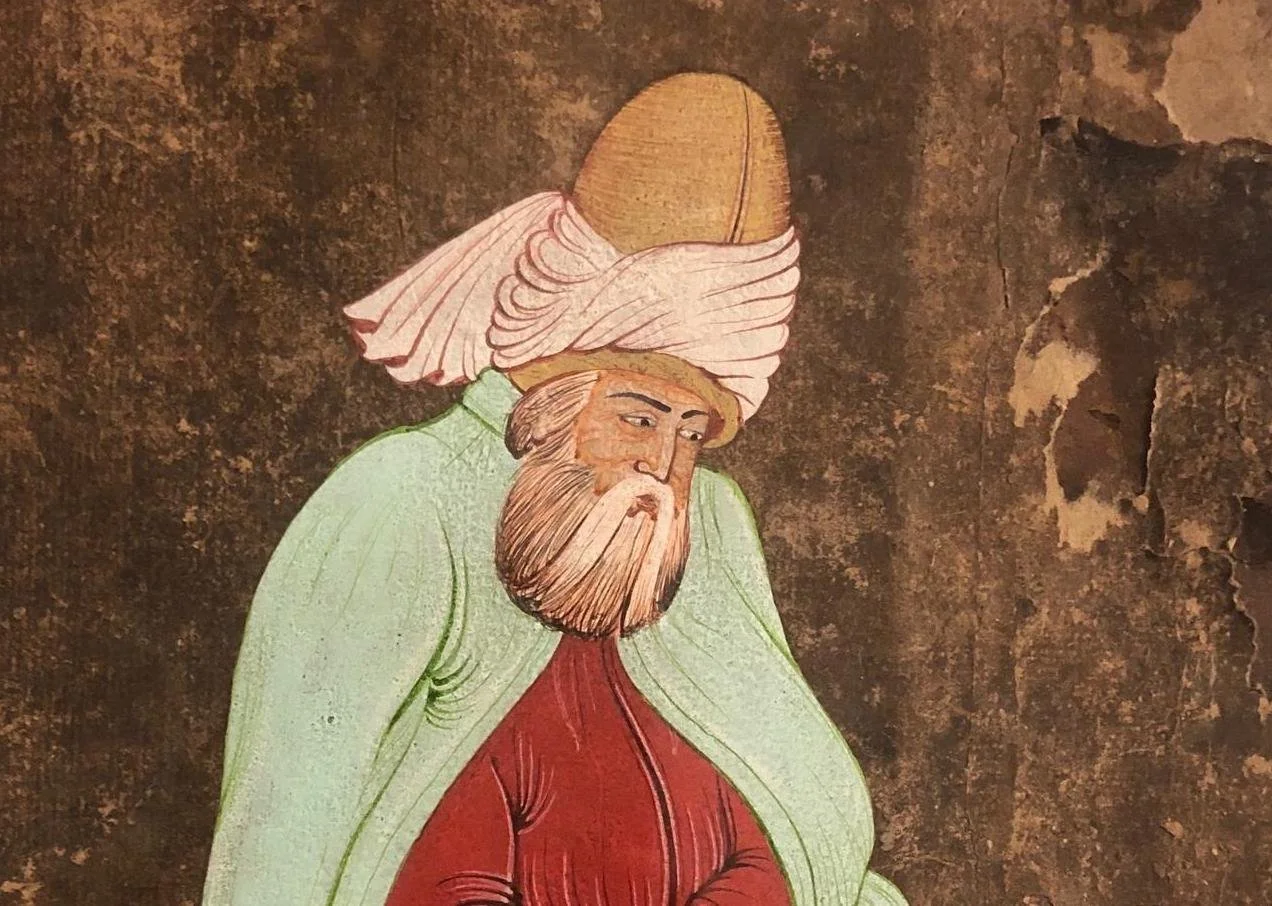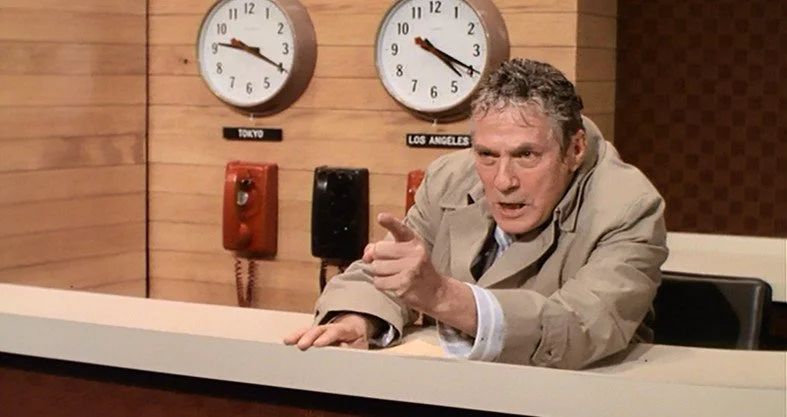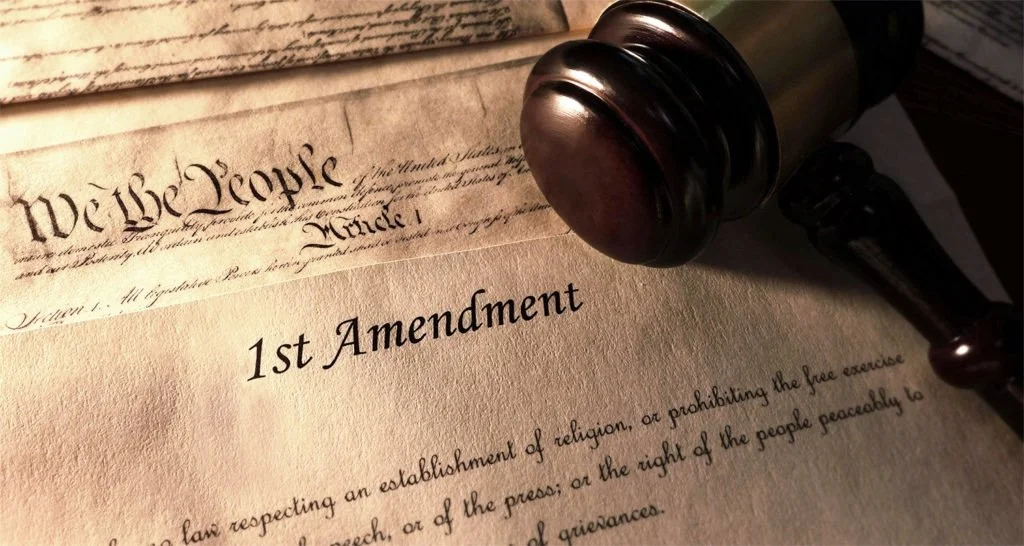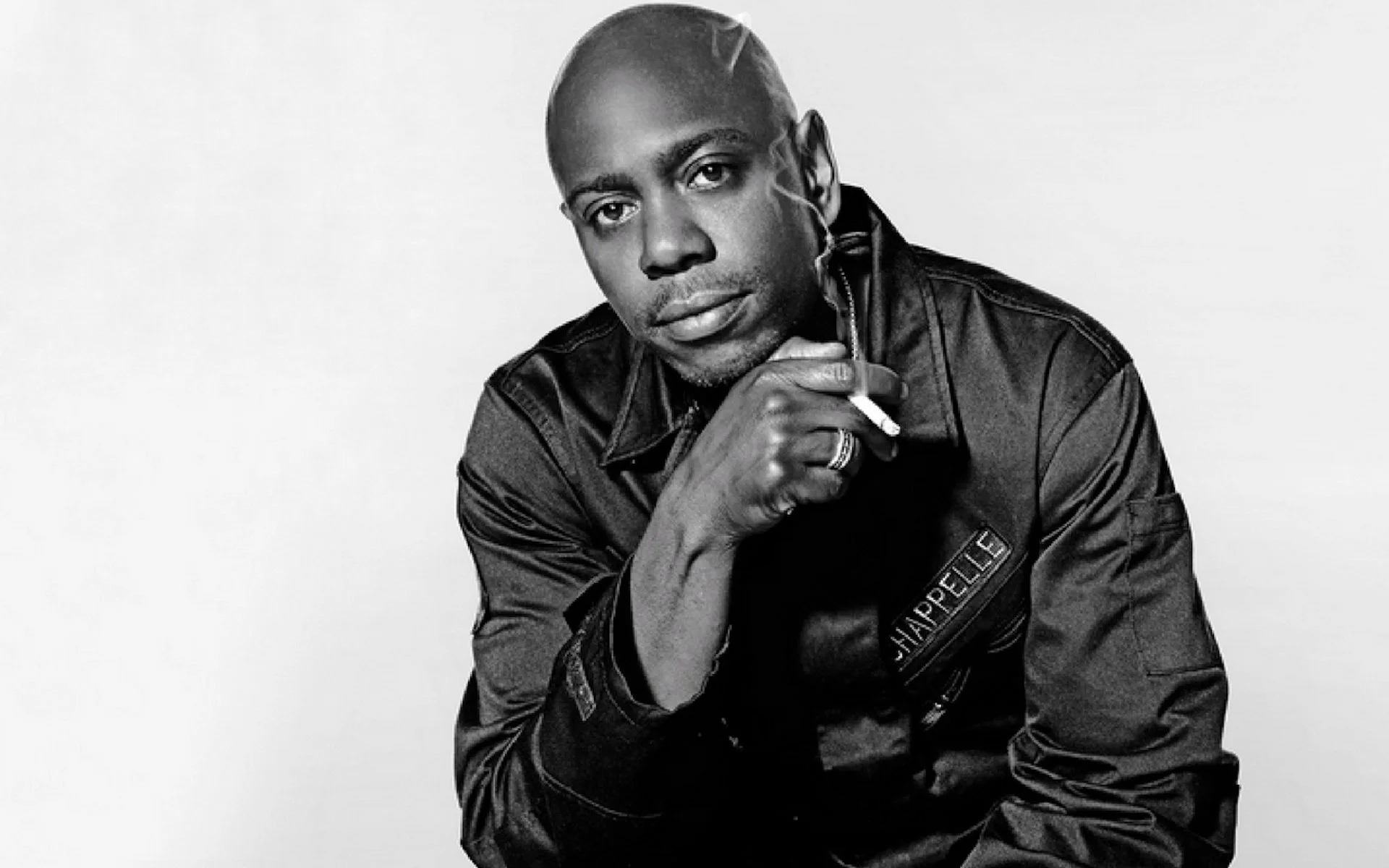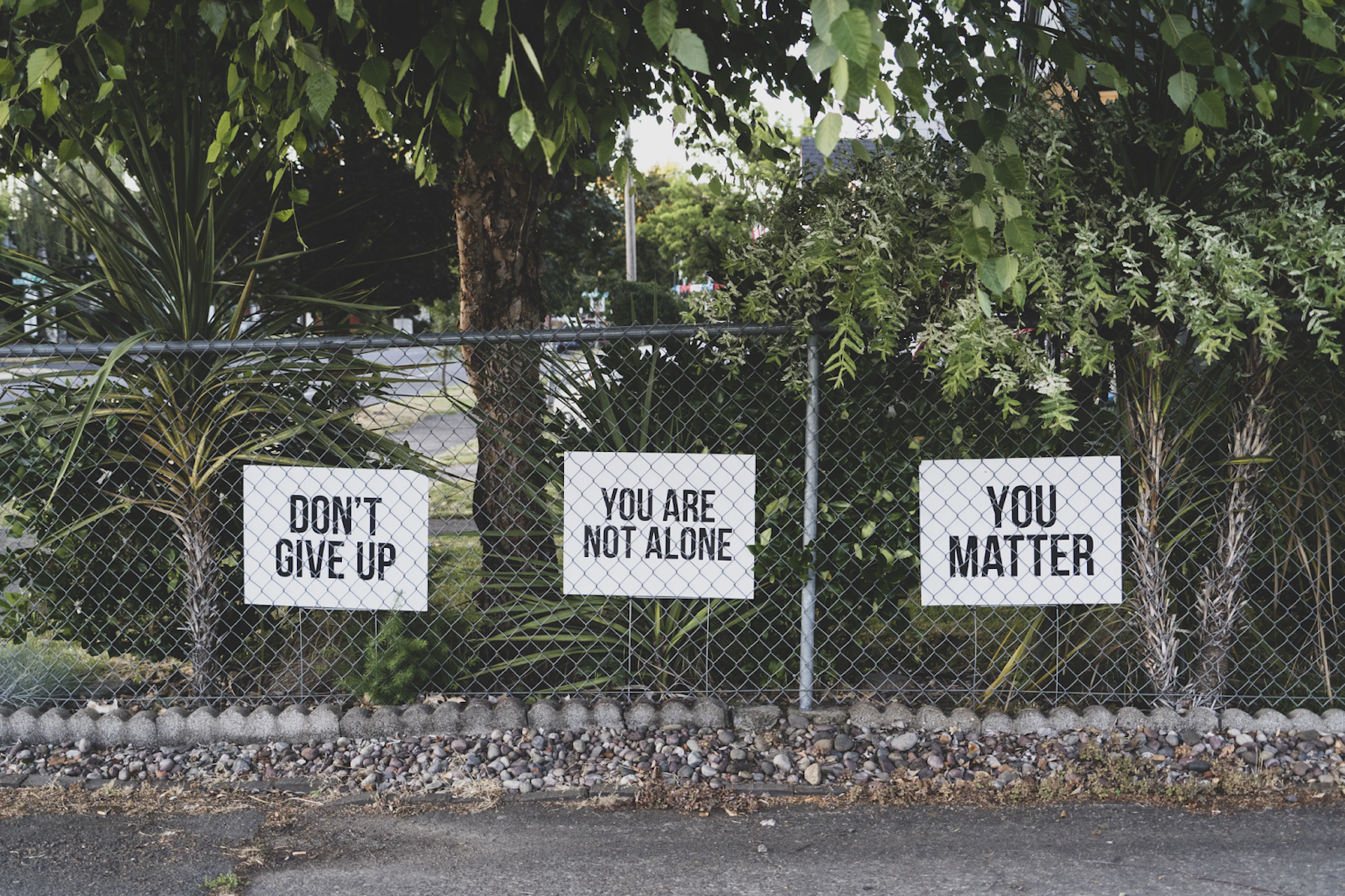We are all heroes with a thousand different faces, and our true leaders are more often called on than elected.
From Moses to Jesus; from Washington to Lincoln, leaders emerge, often reluctantly, because they see injustice they can’t ignore. Gandhi’s Salt March, and Martin Luther King’s I Have A Dream speech are but a few examples of how a single individual can defeat an evil and corrupt adversary.
This week the world watched a real live version of the hero’s journey with Russian President Putin playing the role of Darth Vader defending the Dark Force, and Ukrainian President Volodymyr Zelensky playing the role of Luke Skywalker, defending the light.
Until 2019, Zelensky was a Jewish stand-up comic and actor in a sitcom in which he played the role of a schoolteacher turned president (think Jerry Seinfeld with a law degree). He did such a good job acting the role, he won the election for President in a major landslide on a peace ticket, leading by example, not by poll numbers.
Today Zelensky is a war president on Moscow’s “Kill-or-Capture” list.
The tension between light and dark, good and evil, power and force, Yin and Yang is what empowers a hero on his journey. I could go on and on regarding the significance of this war and its potential to upset the 75-years of relative global peace and prosperity we have enjoyed since the end of WWII. Instead, I direct your attention to an excellent article by Thomas Friedman titled “We Have Never Been Here Before,” so you can get a feel for the significance of the war in Ukraine, focusing the world’s attention on another Biblical David and Goliath story.
May The Force be with Zelensky.
Read More



